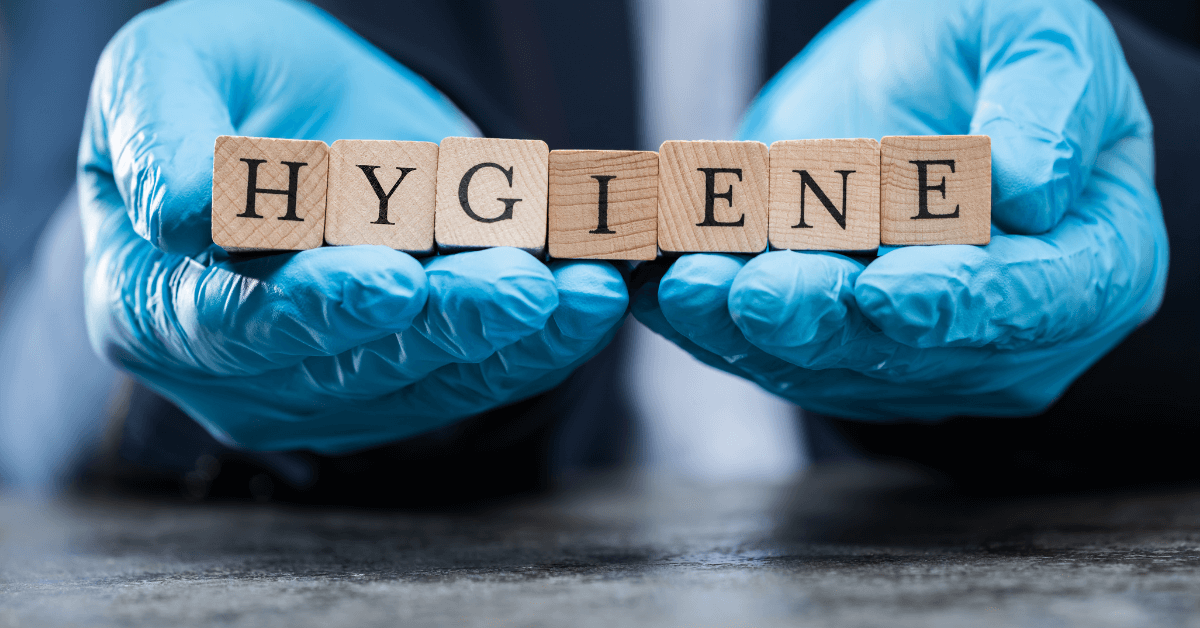The Anal Abscess and Fistula Connection
An anal abscess is a painful condition. It is a collection of pus. This pus builds up near the anus. Many people will get an abscess. However, they do not understand the risk. The abscess forms a tunnel. This tunnel goes to the surface. It is a one-way street. The tunnel is called a fistula. A fistula is a chronic condition. Therefore, preventing a fistula is crucial. It saves you from future problems. You must understand this connection.
What is an Anal Abscess?
An anal abscess is an infection. The infection starts in a gland. These glands line the anal canal. The glands produce mucus. Sometimes, a gland gets blocked. Then, bacteria multiply inside. This causes a painful swelling. It is very painful. You will feel severe throbbing. The area will also feel tender. It can also cause a fever therefore, must seek medical help immediately.
What is an Anal Fistula?
An anal fistula is a tunnel that connects two places. One end is inside the anus, and the other end opens on the skin. This tunnel usually forms after an abscess. As the pus drains, it creates a pathway that eventually becomes a fistula.
It is a long-term medical problem. In addition, it can sometimes be very complex. Complex fistulas are harder to treat. They often require multiple surgeries. Therefore, early intervention plays a crucial role in improving outcomes.
Why Does an Abscess Become a Fistula?
The abscess represents the first stage of the problem, and it usually begins as an acute infection. Because the body naturally wants to drain the infection, pus starts creating pressure. As a result, the pus eventually forms a small channel, which is the fistula.
When the abscess does not heal completely, the fistula develops and turns into a chronic condition. The tunnel remains open since the tissue cannot close on its own. Consequently, it continues draining pus, and in many cases, the drainage stains your underwear. This constant drainage clearly indicates the presence of a fistula.
Anal Abscess and Fistula: Early Action is Critical
You need to act quickly. For example, if you have an abscess, see a doctor right away. Instead of waiting, get treatment before it bursts. A doctor can drain the abscess, and this is a simple procedure. Specifically, the doctor makes a small cut, which releases the pus.
As a result, this simple step is vital because it reduces the chance of a fistula. In addition, draining the pus relieves pain. Finally, it also helps the area heal.
Treatment Options for an Abscess
The primary treatment is drainage, and in fact, this is the most effective option. A surgeon usually performs the procedure, and it is often done in an office. Moreover, local anesthesia is used to ensure patient comfort. The procedure itself is very fast.
After drainage, the pain usually subsides, and as a result, the area begins to heal. Sometimes, antibiotics are prescribed; however, they are not always needed. Proper drainage remains the main and most reliable treatment.
How to Prevent an Abscess from Becoming a Fistula
Preventing a fistula is a priority. Follow these steps for prevention.
- Seek Medical Help Immediately: Do not delay. See a doctor right away. A general practitioner can refer you. However, a colorectal surgeon is the true specialist.
- Ensure Complete Drainage: The entire abscess must drain. If any pus remains, a fistula can form. Therefore, a doctor should ensure this process is complete.
- Follow Aftercare Instructions: Keep the area clean at all times. In addition, follow the instructions provided by your doctor. For example, sitz baths are often recommended. A sitz bath is warm, shallow water that soothes the area. As a result, it promotes faster healing.
- Manage Underlying Conditions: Some conditions can cause abscesses. For example, Crohn’s disease is one of them. Good management of Crohn’s is vital. In fact, proper treatment can prevent abscesses and also reduce the risk of fistulas.
What if a Fistula Has Formed?
If a fistula has formed, you need surgery. There is no other way. The fistula will not heal on its own. It requires medical treatment. The goal is to close the tunnel. The surgeon chooses a method. This choice depends on the fistula’s complexity. A simple fistula is easier to fix while complex one needs more care.
Surgical Treatments for Fistulas
When an anal abscess develops into a fistula, several surgical options exist for treating the condition effectively.
- Fistulotomy: This is for simple fistulas. The surgeon cuts the entire fistula open. Then, they let it heal flat. This has a high success rate. However, it can damage muscles.
- Seton Placement: This is for complex fistulas. A seton is a string. The surgeon places it in the fistula. It helps drain the pus and prepares the area for a later surgery. It is a multi-step process.
- Fistula-tract Laser Closure (FiLaC): This is a newer option. It is minimally invasive. A laser fiber is used. The laser closes the fistula tract. It seals the tunnel shut. It is a very effective method. The recovery time is short. This technique preserves the muscle. IBI Clinic offers advanced treatments. They provide the latest options. They can discuss FiLaC with you.
- Endorectal Advancement Flap: A flap of tissue covers the opening. It is a complex procedure. A surgeon pulls tissue over the opening. It is used for complex fistulas. This method also protects the muscle.
Post-Surgery Care and Recovery
Recovery takes time. It requires patience. Your doctor will give you advice. Following it is essential. Proper hygiene is important. You need to keep the area clean. Avoid straining with bowel movements. A high-fiber diet is helpful. Drink plenty of water. This prevents constipation. You will also have follow-up appointments. These check on your healing.
Anal Abscess and Fistula: The Importance of Prevention
Preventing an anal abscess is difficult. However, you can prevent a fistula. It all starts with early treatment. Do not ignore a painful lump. A visit to the doctor is worth it. It can save you from a complex surgery. It can also save you from a lot of pain. Take charge of your health. Your body will thank you. Remember, prevention is better than cure.



